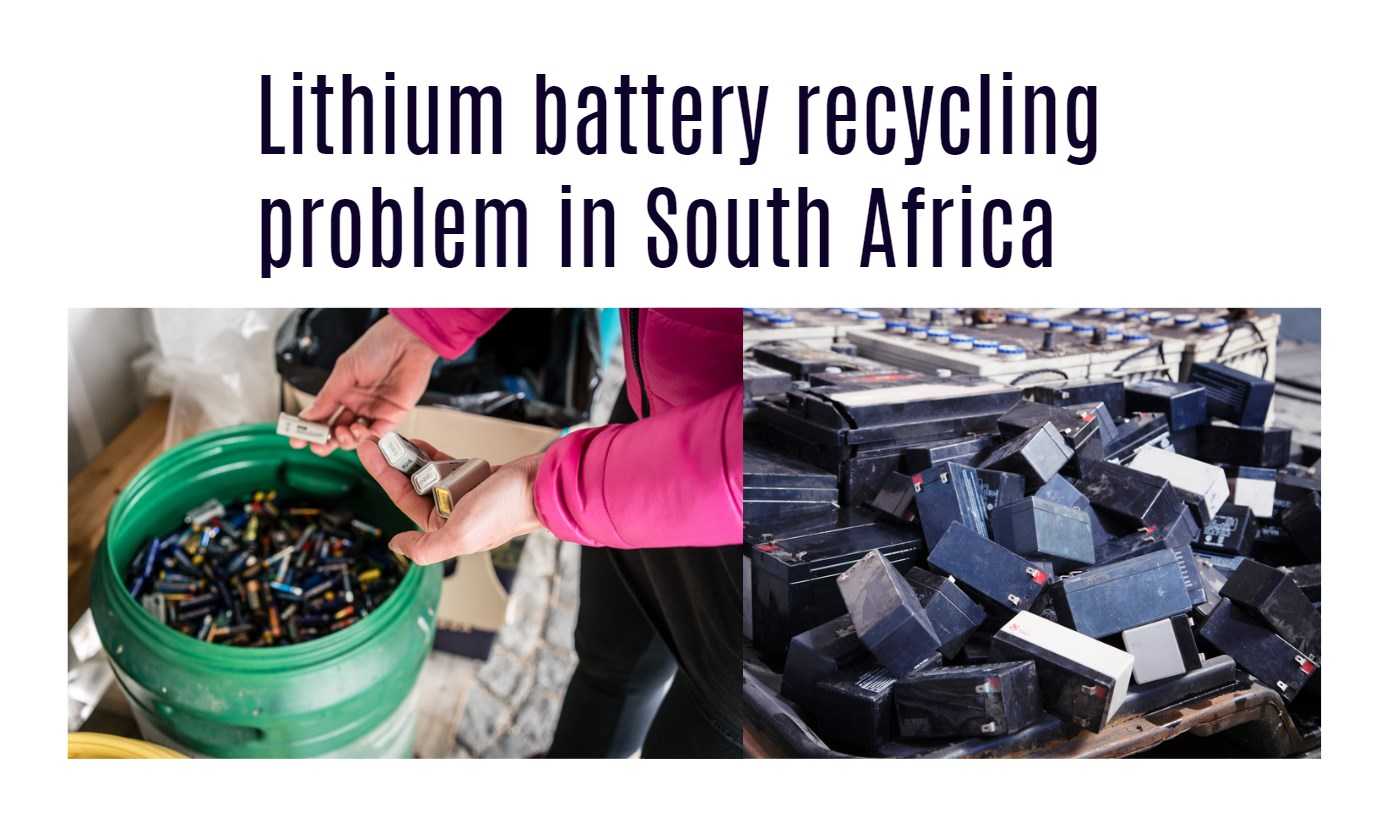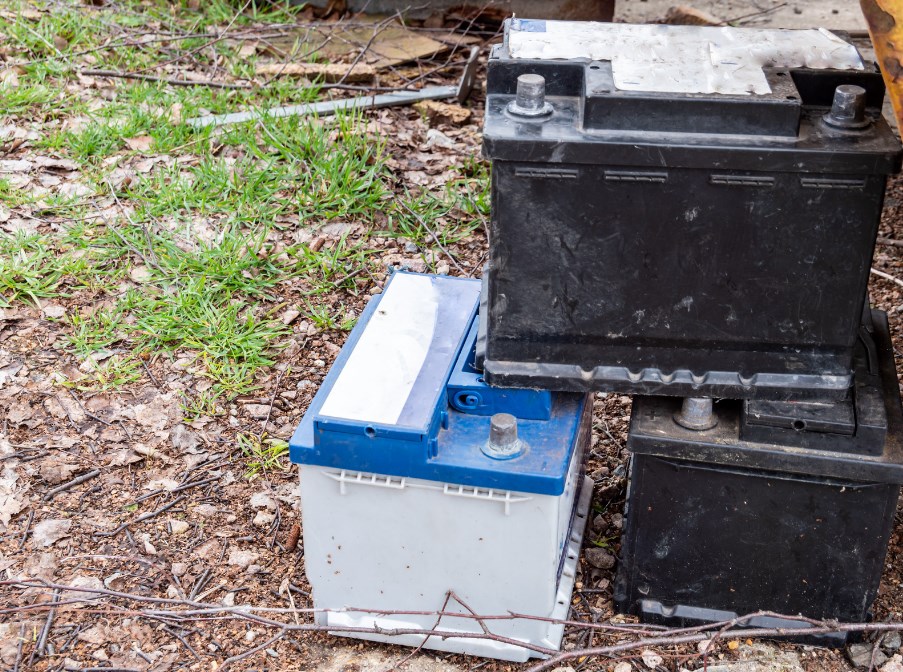South Africa faces a significant challenge in lithium battery recycling. The country lacks dedicated recycling facilities, and regulations for proper disposal are limited. As a result, South Africa is ill-prepared to handle the recycling of millions of lithium batteries that will reach their end-of-life in the coming years. Learn more about the recycling problem in South Africa and the need for sustainable solutions.
- Lack of Dedicated Facilities: South Africa lacks specialized recycling facilities for lithium batteries, making proper disposal and recycling difficult.
- Rudimentary Regulations: The existing regulations around lithium battery disposal are limited, hindering the development of effective recycling processes.
- Growing Recycling Need: As millions of lithium batteries approach their end-of-life, there is an urgent need for sustainable solutions to address the recycling problem in South Africa.
Addressing the lithium battery recycling problem in South Africa requires the development of dedicated recycling facilities, strengthened regulations, and the adoption of sustainable practices. By investing in proper recycling infrastructure, South Africa can mitigate environmental impacts and harness the valuable resources within lithium batteries.
SA grid battery project gets preferred status
A massive battery energy storage project in South Africa has achieved ‘preferred bidder’ status under a government procurement program. The project aims to establish Africa’s largest standalone battery energy storage system, with a capacity of 153MW/612MWh. This preferred status signifies the project’s favorable position for further development and implementation. Learn more about the significant battery project in South Africa.
- Preferred Bidder Status: The battery project has achieved a preferred position under a government procurement program, indicating its favorability for future development.
- Africa’s Largest Battery System: The project aims to establish the largest standalone battery energy storage system on the continent, with a capacity of 153MW/612MWh.
- Renewable Energy Impact: This significant battery project in South Africa contributes to the country’s renewable energy goals, enabling the storage of clean energy and supporting a sustainable future.
The preferred status of this battery project in South Africa paves the way for the implementation of a groundbreaking energy storage system, driving the transition to a greener and more resilient energy grid.
Inverter battery disposal in South Africa
Disposing of old inverter batteries in South Africa requires proper handling and recycling to ensure environmental safety. Recycling centers and organizations offer services for the collection and responsible disposal of these batteries, promoting sustainable practices and minimizing environmental impact.
- Environmental Safety: Disposing of old inverter batteries requires proper handling and recycling to minimize environmental impact and promote sustainability.
- Recycling Centers: Various recycling centers and organizations in South Africa offer services for the collection and responsible disposal of inverter batteries.
- Sustainable Practices: By choosing proper disposal methods, South Africa can contribute to sustainable practices and minimize the environmental footprint of inverter battery disposal.
Proper inverter battery disposal in South Africa is essential for environmental safety. By utilizing recycling centers and responsible disposal methods, we can promote sustainability and protect our environment for future generations.
Is there a reason why electric-car batteries are so expensive?
Electric-car batteries can be expensive due to the high cost of materials like nickel, cobalt, lithium, and manganese. These metals are essential for battery cells to store and deliver energy. The mining, processing, and transformation of these materials into chemical compounds contribute to the overall cost of electric-car batteries.
- Expensive Materials: Electric-car batteries contain metals such as nickel, cobalt, lithium, and manganese, which can be costly due to their limited availability and high demand.
- Mining and Processing: The extraction, processing, and transformation of these metals into battery components contribute to the overall cost of electric-car batteries.
- Energy Storage Technology: The expense of electric-car batteries reflects the advanced technology required to store and deliver energy efficiently for electric vehicles.
The cost of electric-car batteries reflects the value of advanced energy storage technology, with expensive materials and intricate manufacturing processes. As technology advances and economies of scale improve, we can expect the cost of electric-car batteries to decrease, making electric vehicles more accessible to a wider audience.





